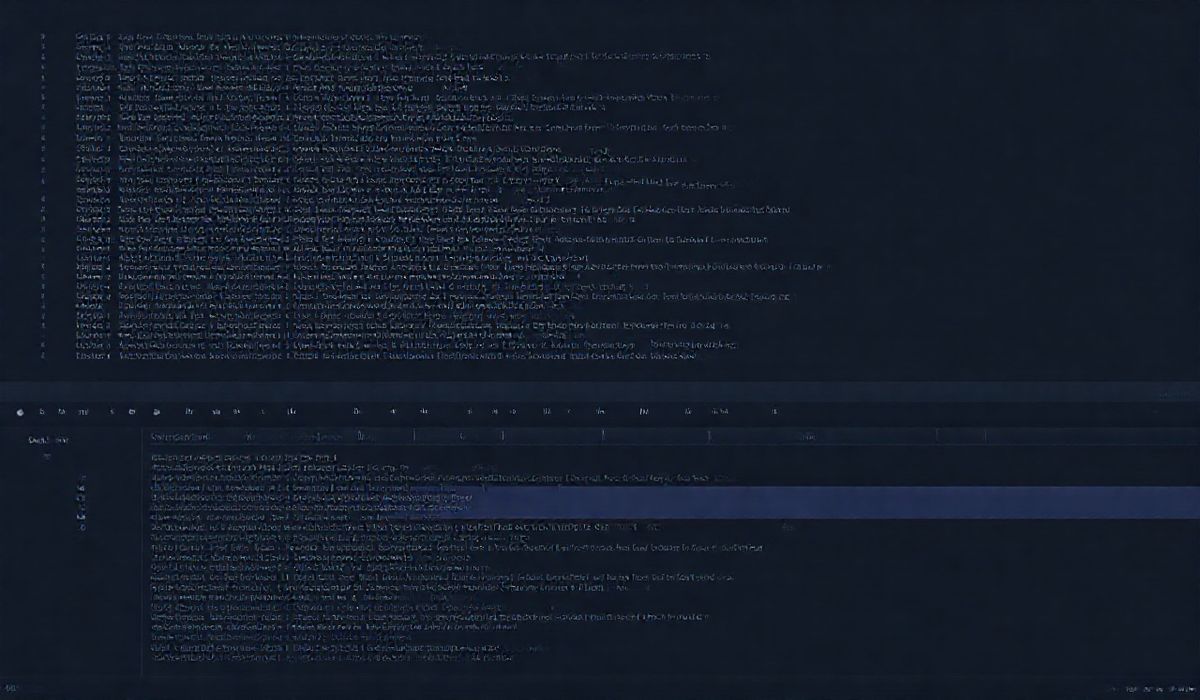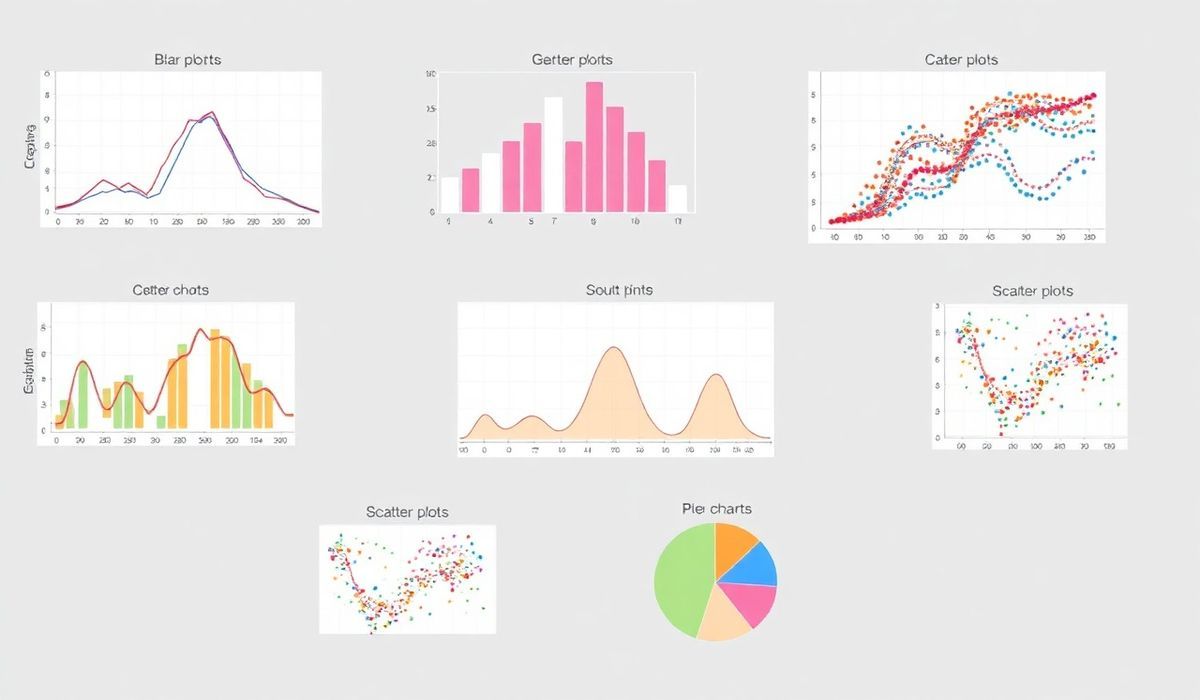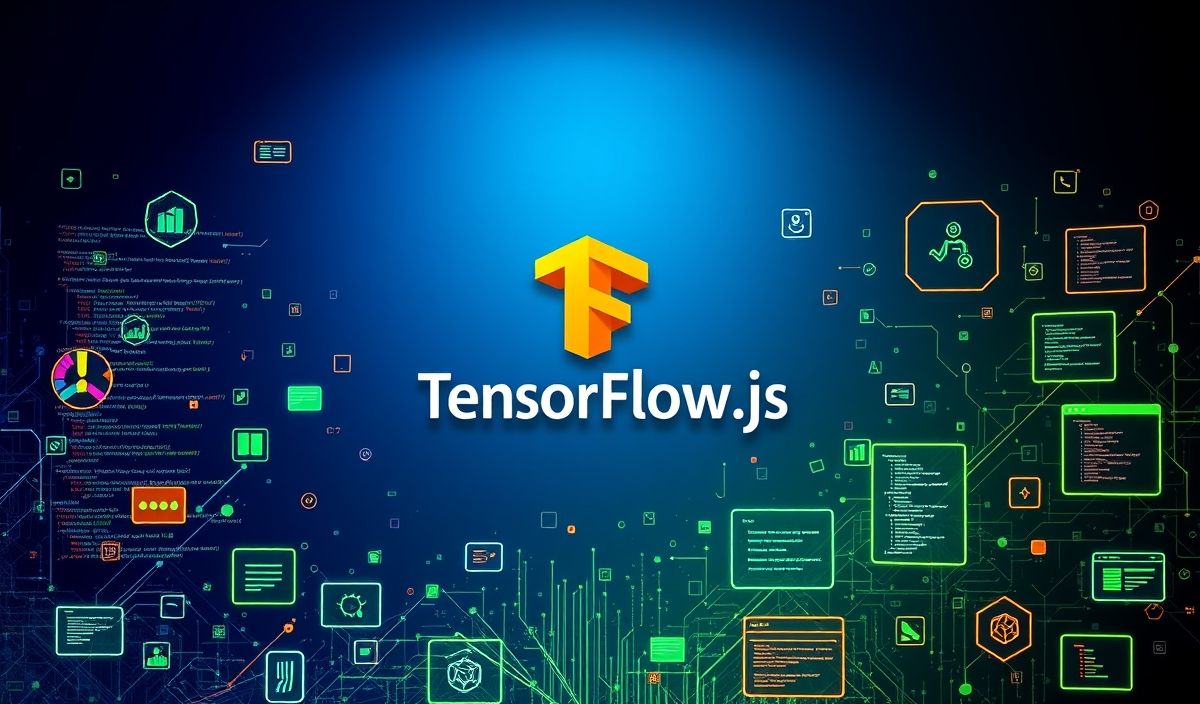MoviePy: Unlock the Potential of Python Video Editing
MoviePy is a powerful Python library for video editing, transforming videos, and creating dynamic multimedia applications. It provides a simple yet robust interface for video processing, making it a must-have tool for developers and creators alike.
What Makes MoviePy Special?
MoviePy enables users to handle video and audio with a variety of utilities for cutting, merging, adding effects, and much more. The library supports various codecs and formats, operates seamlessly with NumPy for pixel-perfect editing, and offers robust tools to manipulate multimedia efficiently.
Core MoviePy APIs with Examples
1. Importing MoviePy
from moviepy.editor import * # Import core MoviePy components2. Loading a Video File
clip = VideoFileClip("example.mp4")
clip.preview() # Preview the video
3. Cutting a Video
You can trim unwanted sections of your video:
trimmed_clip = clip.subclip(10, 20) # Extracts from 10s to 20s
trimmed_clip.write_videofile("trimmed_example.mp4")
4. Adding Text to Video
Create custom text overlays with TextClip:
text = TextClip("Hello, World!", fontsize=50, color='white').set_position('center').set_duration(5)
final_clip = CompositeVideoClip([clip, text])
final_clip.write_videofile("text_overlay_example.mp4")
5. Adding Transitions
Merge videos with fade-in and fade-out effects:
clip1 = VideoFileClip("clip1.mp4")
clip2 = VideoFileClip("clip2.mp4")
combined = concatenate_videoclips([clip1.crossfadeout(1), clip2.crossfadein(1)])
combined.write_videofile("transition_example.mp4")
6. Generate GIFs
Create high-quality animated GIFs easily:
clip = VideoFileClip("example.mp4").subclip(0, 5)
clip.write_gif("output.gif")
7. Add Background Music
audio = AudioFileClip("background_music.mp3")
video_with_audio = clip.set_audio(audio)
video_with_audio.write_videofile("video_with_music.mp4")
8. Rotate a Video
Change the orientation of your video:
rotated_clip = clip.rotate(90) # Rotate 90 degrees
rotated_clip.write_videofile("rotated_example.mp4")
9. Speed Up or Slow Down a Video
Modify playback speed:
speedy_clip = clip.fx(vfx.speedx, 2) # Double speed
slow_clip = clip.fx(vfx.speedx, 0.5) # Half speed
speedy_clip.write_videofile("faster_example.mp4")
slow_clip.write_videofile("slower_example.mp4")
10. Taking Snapshots
clip.save_frame("snapshot.png", t=2) # Save frame at 2 seconds
11. Extracting Audio
audio = clip.audio
audio.write_audiofile("extracted_audio.mp3")
12. Resize a Video
Easily adjust the video dimensions:
resized_clip = clip.resize(height=720) # Resize to 720p height
resized_clip.write_videofile("resized_example.mp4")
MoviePy in a Real-World Application
Here’s an example of combining the mentioned APIs into a project that imports, trims, overlays text, and produces a watermark on a video while adding background music:
from moviepy.editor import *
# Load video and audio
clip = VideoFileClip("example.mp4").subclip(0, 10)
audio = AudioFileClip("background_music.mp3")
# Add text overlay
text_overlay = TextClip("MoviePy Demo", fontsize=70, color='yellow', font='Arial').set_position('bottom').set_duration(10)
# Add watermark
watermark = TextClip("© MyBrand", fontsize=20, color='white').set_position(('right', 'bottom')).set_duration(10)
# Combine clips, overlay text and watermark
final = CompositeVideoClip([clip, text_overlay, watermark]).set_audio(audio)
final.write_videofile("final_output.mp4", codec="libx264", audio_codec="aac")
Conclusion
MoviePy opens up a world of possibilities in video editing with Python. Its simple APIs and comprehensive feature set make it an excellent choice for developers seeking control and creativity in video processing. Whether you’re generating GIFs, making transitions, or overlaying animations, MoviePy has it all covered.
Start exploring MoviePy today and create seamless multimedia projects right from your Python scripts!




